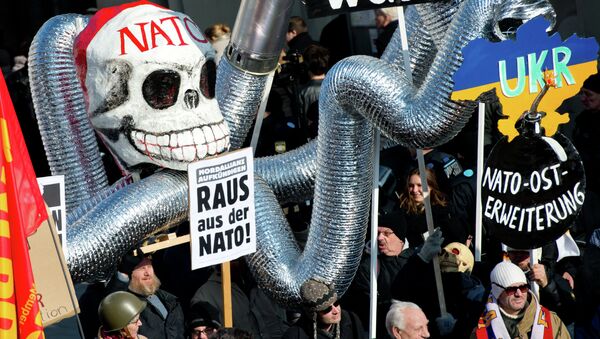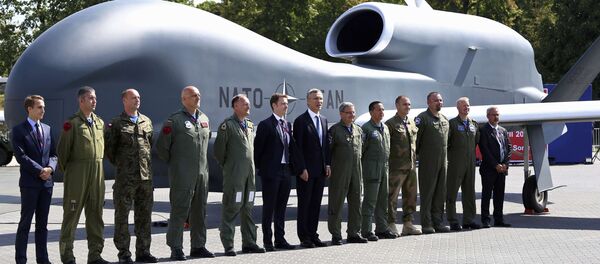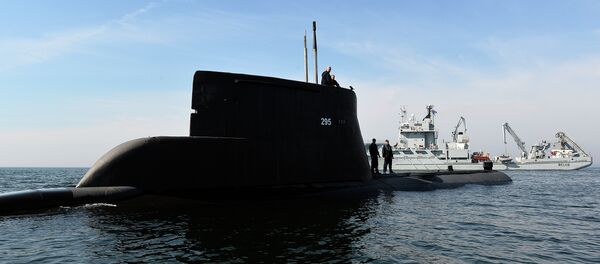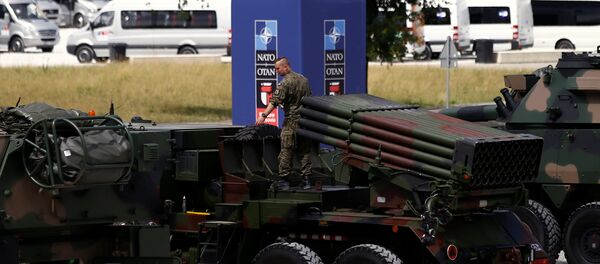“Along the way, this process has driven a wedge deeper and deeper between Russia and the West, creating pivotal conflicts along Russia’s borders in Georgia and Ukraine and thereby endangering both sides’ security,” the author further explains.
Hahn then recalls a “historic timetable” for NATO’s expansion proposed by Zbigniew Brzezinski in his book The Grand Chessboard:
“Admission of the “first” new Central European members by 1999; the beginning of accession talks and admission by 2005 for the Baltic states and Romania; eligibility for the Balkan states at about the same time; possible accession by Sweden and Finland; and somewhere between 2005 and 2010 the beginning of “serious negotiations” for Ukraine with both the EU and NATO.”
“Except for the last two stages, Brzezinski’s timetable played out approximately as he advised,” the author states.
“There are strong pro-Russia and anti-NATO currents in German and European public opinion,” Chairman of the Munich Security Conference Wolfgang Ischinger admitted in his article for Der Spiegel earlier in July.
When commenting on the further prospects of NATO expansion and the possible admission of Ukraine and Georgia into the alliance, the former German diplomat wondered: “are we prepared and determined to assure the economic survival of both countries by offering sustained and comprehensive political and financial support?”
“Are we prepared to say we will do whatever it takes in order to create a greater sense of stability and confidence in Kiev and Tbilisi?”
“We have to confront these and other questions, even if they may require painful responses. Strategic clarity is required if we want to bring the current crisis of European security to an end,” he then replied.
Whilst NATO expansion is being criticized in Germany, it is coming in for more criticism in Britain, the one Western country that has up to now been its most vocal supporter.
In its section on NATO expansion, the Committee warns against expanding NATO to include states the alliance is unable or unwilling to defend.
“However in our view, we should be aware of the dangers of undermining the credibility of the Article 5 guarantee—and thus of the entire alliance—by offering NATO membership to states which a potential adversary would not believe we would go to war to defend. We should therefore make it clear that NATO would take Article 5 action in respect of any new member country before it was allowed to join the Alliance,” reads paragraph 152 of the report.
“It is impossible to see this as anything other than a warning against extending NATO membership to Ukraine and Georgia, two countries which in the recent past NATO has shown it is not prepared to defend. Moreover the justification – an unwillingness to bear the sacrifices of expansion – is the same as the one made by Ischinger,” notes Alexander Mercouris, an expert on international affairs in his article for the online journal Strategic Culture Foundation.
The debate within NATO is not ended but the neocon agenda of perpetual NATO expansion and confrontation with Russia is now finally being challenged – though very late in the day – from within the heart of the NATO elite, he further states, adding that, as it seems, “regardless of the outcome of the election in the US in November the high tide of NATO expansion may be over.”





